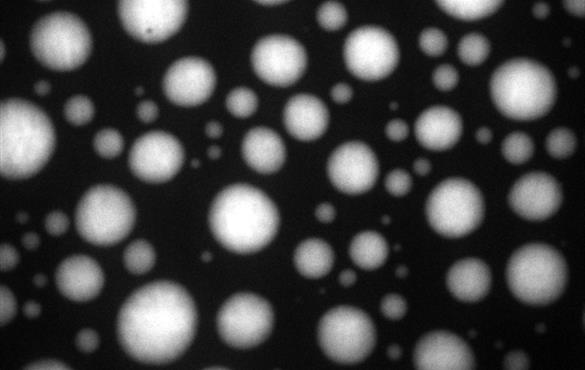Uncovering molecular grammar
Collaborative team deciphers the protein sequence-encoded mechanism that drives phase separation

An international research collaboration including engineers from Washington University in St. Louis have discovered a protein sequence mechanism that triggers phase separation deep within a single cell.
Their findings, published in Cell, could provide insights into age-related diseases such as amyotrophic lateral sclerosis and some cancers.
The team--comprised of scientists from the Max Planck Institute of Molecular Cell Biology and Genetics (MPI-CBG) in Dresden and Washington University, including Rohit Pappu, the Edwin H. Murthy Professor of Engineering at WashU's School of Engineering & Applied Science and postdoctoral students Alex Holehouse and Jeong-Mo Choi — developed a combination of experimental and theoretical analysis to uncover a protein sequence that underlies phase separation of prion-like RNA binding proteins.
Their findings suggest that in the near future, scientists will have sufficient control over phase separation. It might be possible to predict and design proteins that have distinct phase-separation properties based on the protein sequences alone. By introducing these proteins into a living organism, researchers could investigate the function and pathology of the phase-separated organelles, which will provide insights into the mechanisms of related diseases.




